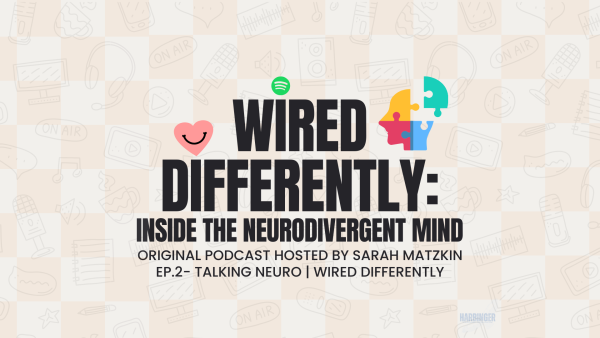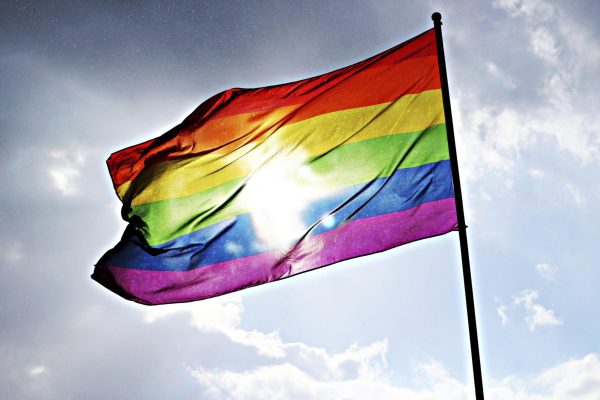When will we let the government keep us safe?
More and more often big disasters seem to occur that later we find out were avoidable. The Texas power outage in February 2021, was the most recent disaster that later we found out could have been easily preventable. If ERCOT, the energy regulating body of Texas, agreed the Texas power grid should have been winterized when it was urged to do so then the power outage catastrophe could have been prevented.
In 2010 the Deepwater Horizon oil spill may have been prevented if nitrogen gas was not used as a cheap method to accelerate concrete curing.
The 2016 flint water crisis could have been prevented if “orthophosphate was used in the drinking water treatment process” according to an article by The Center For Water Security and Cooperation. Orthophosphate treatment is a standard treatment used to prevent lead in drinking water.
The Covid 19 pandemic although not completely preventable could have had a much different outcome if agencies that monitored diseases in China were not dismantled or reduced in size. The CDC staff in Beijing in charge of monitoring infectious diseases was reduced from 47 to 14 during the Trump administration.
Every year the occurrences and severity of natural disasters like wildfires and hurricanes increase, and as we learn from climate scientists these numbers can be reduced if we reduce our carbon footprint.
When it comes to disasters and government regulations and spending the adage “an ounce of prevention is worth a pound of cure” seems to fit.
In many of the cases where disasters have occurred, it seems like just a little bit more regulation or spending could have prevented the disasters.
Governments always have budget limitations, but why do governments not apply simple regulations more to prevent disasters? Certain industries like manufacturing, energy, oil, and water treatment seem to play the biggest roles in creating catastrophes. These are some of the industries that need to be regulated the most.
So why don’t legislatures regulate certain industries more? Do certain industries have too much influence over legislators? Are legislators in the pockets of companies from certain industries?
Why are people not more upset about the lack of regulations and responsibilities enforced on certain industries.
If politicians are influenced by certain industries, it is an easy sell for politicians to say, “We do not need big government, and more regulations” and imply that our personal freedoms are harmed by more governing and regulations.
Lifelong politician and former Texas Governor Rick Perry implied this when he said after the Texas power crisis that “Texans would be without electricity for longer than three days to keep the federal government out of their business.”
Does Rick Perry have an interest in protecting Texas power companies from regulations?
Power companies have been very generous to Perry over the course of his political career.
In 2015 Perry was given a high-paying job as a board member of an oil company Energy Transfer. The owner Kelcey Warren became Perry’s campaign manager and has donated millions to support Perry’s political endeavors. A Time article reported in Sept 2020 that Perry’s stock ownership in Energy Transfer at the time of his last filing (with the SEC) was worth around $800,000.
While Perry was Texas governor, the late Harold Simms who was the owner of a Texas Nuclear Waste company contributed around 3 million to support the Republican Governors Association and Perry’s political endeavors.
While governor, in total Perry has received over 14 million in campaign contributions from the lobbying of energy companies.
So how has Perry been good to energy companies in return?
Controversially Perry allowed Simm’s Nuclear Waste company to expand its capacity and he gave approval for that company to import radioactive waste from out of state.
In 2005 an executive order was issued by Perry expediting the approval process for new coal plants to be built. As Energy Secretary Perry proposed subsidizing failing coal and nuclear plants through the Federal Energy Regulatory Commission or FERC. As Governor he supported lifting the moratorium on new drilling that was imposed after the Deepwater Horizon disaster and he signed a bill that gave permanent tax breaks to companies that drill for natural gas.
So, Is Rick Perry responsible for the Texas power grid not being winterized?
In 2011 after a similar power outage catastrophe FERC urged Texas leadership to mandate winterizing the power grid.
According to Marc Veasey, a Texas state legislature at the time Perry and other Republican leaders ignored a plan to impose “safety measures.”
So clearly Perry had reasons to not impose regulations against power companies but how common is it for politicians to ignore needed regulations?
It is very common because many times corporations propose their own regulations resulting in companies regulating themselves at the expense of the public’s safety.
There is an organization American Legislation Exchange Council or Alex that facilitates meetings between legislatures and corporations, trade associations, and corporate lobbyists.
These meetings happen between closed doors and give corporations the opportunity to propose their own bills. In effect, they allow corporations and industries the opportunity to regulate themselves.
Some companies like Amazon are big enough to go directly to legislatures with their own prewritten legislation.
In 2019 during an annual tech event Jeff Bezos the founder of Amazon had gloated that Amazon would regulate itself in regard to its controversial face recognition technology Rekognition.
Supporting industry-friendly candidates during elections, like how Rick Perry was supported by the Texas energy industry, is another common way corporations try to prevent regulations.
The spending of corporate money on industry-friendly candidates seems to occur especially in the oil and gas industry.
According to Emily Dao of The Rising, a study by the National Academy of Sciences revealed that “oil and gas companies contributed more than $84 million towards congressional campaigns in 2018.”
Whatever industry a company that donates large amounts of money to support a candidate is from there should be a concern from the public as to how those donations can influence regulation.
The next time a politician preaches about the evils of regulation and how more regulation will cost us our personal freedoms we need to ask ourselves if it is our interests the politicians are concerned about or is it the cost incurred by corporations that the politicians are concerned about.
Hopefully, after this last winter, many of Texas may feel the answer to that question is the latter and may now feel that federal regulations are not such a bad thing.







